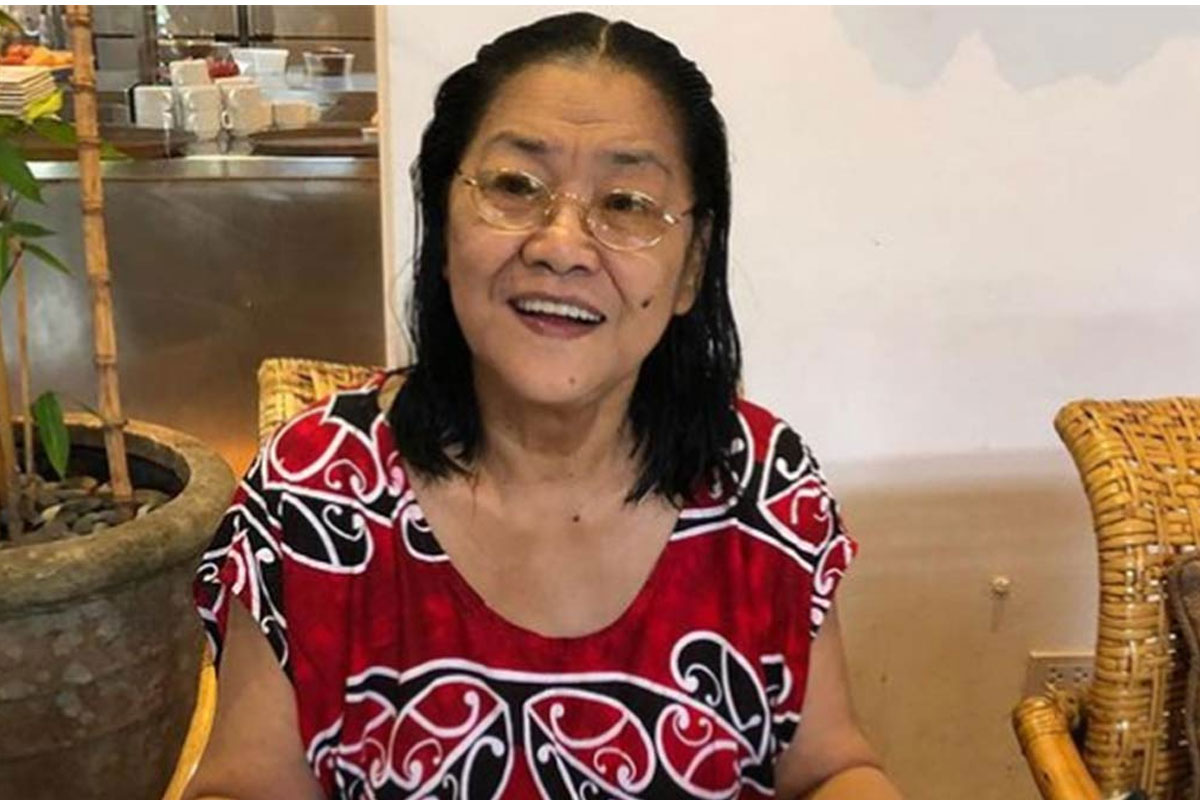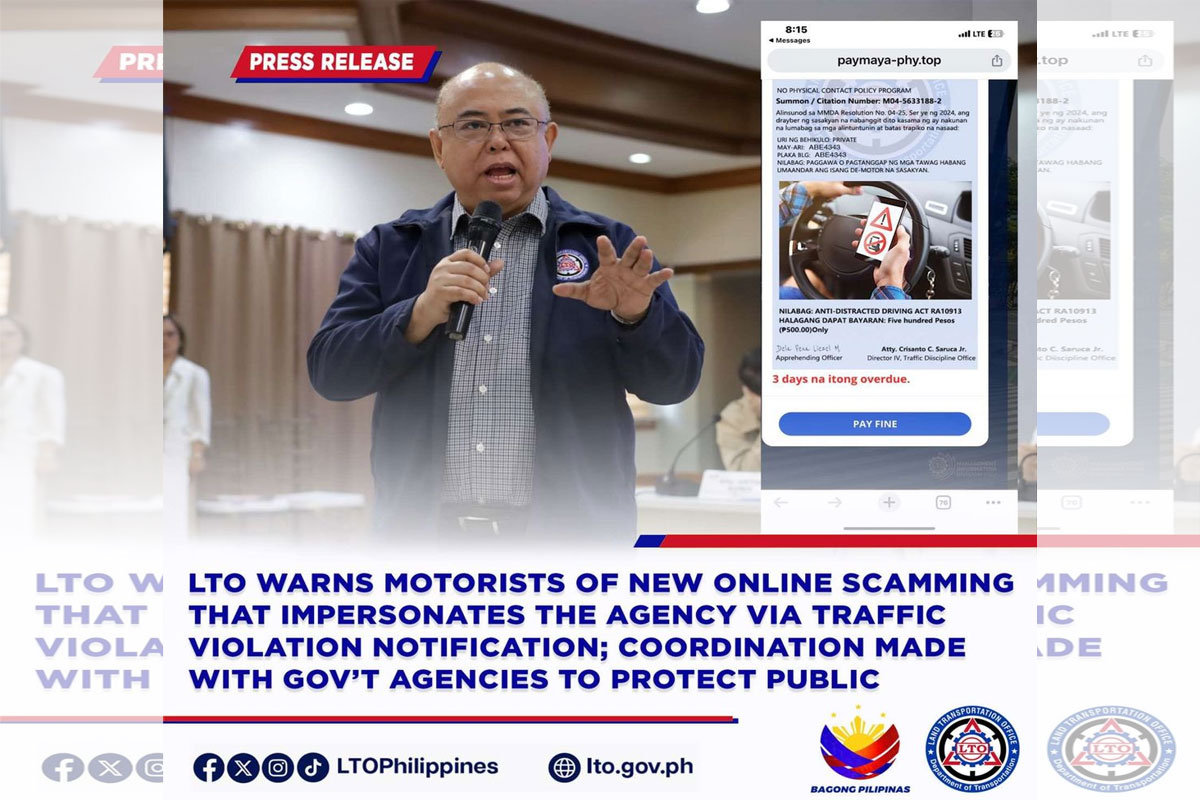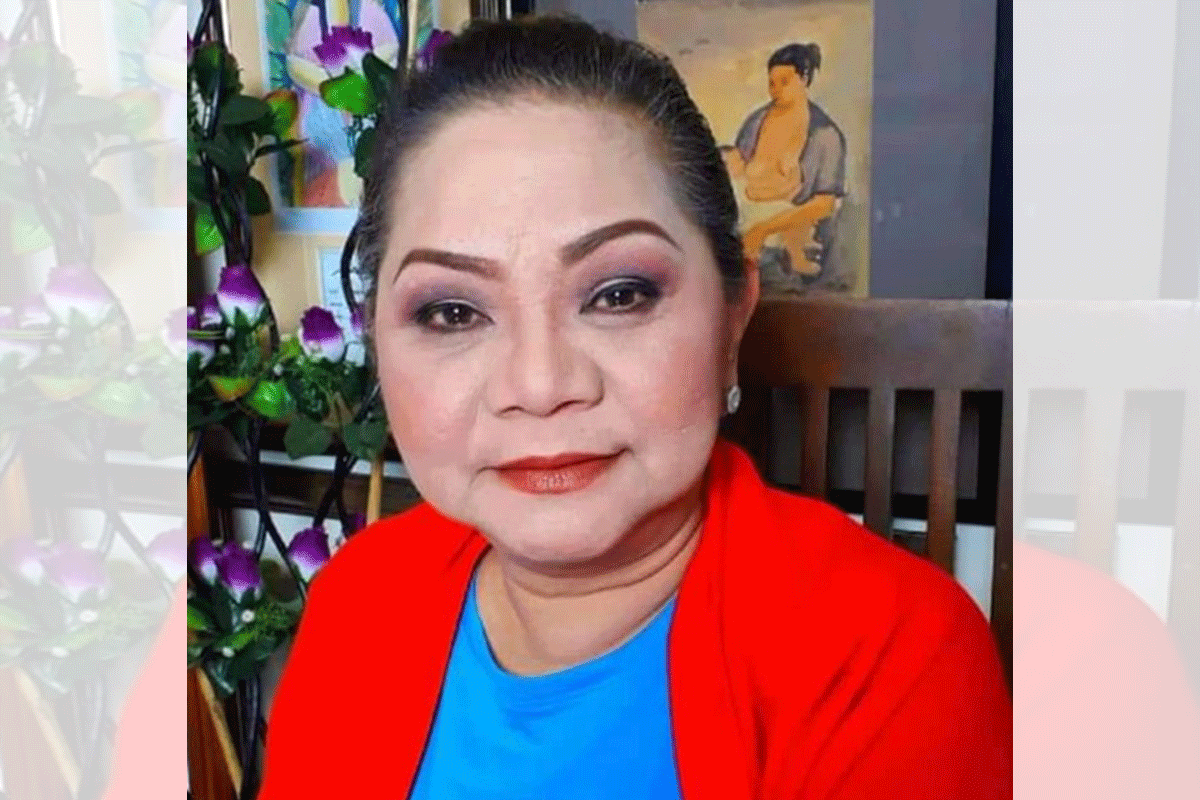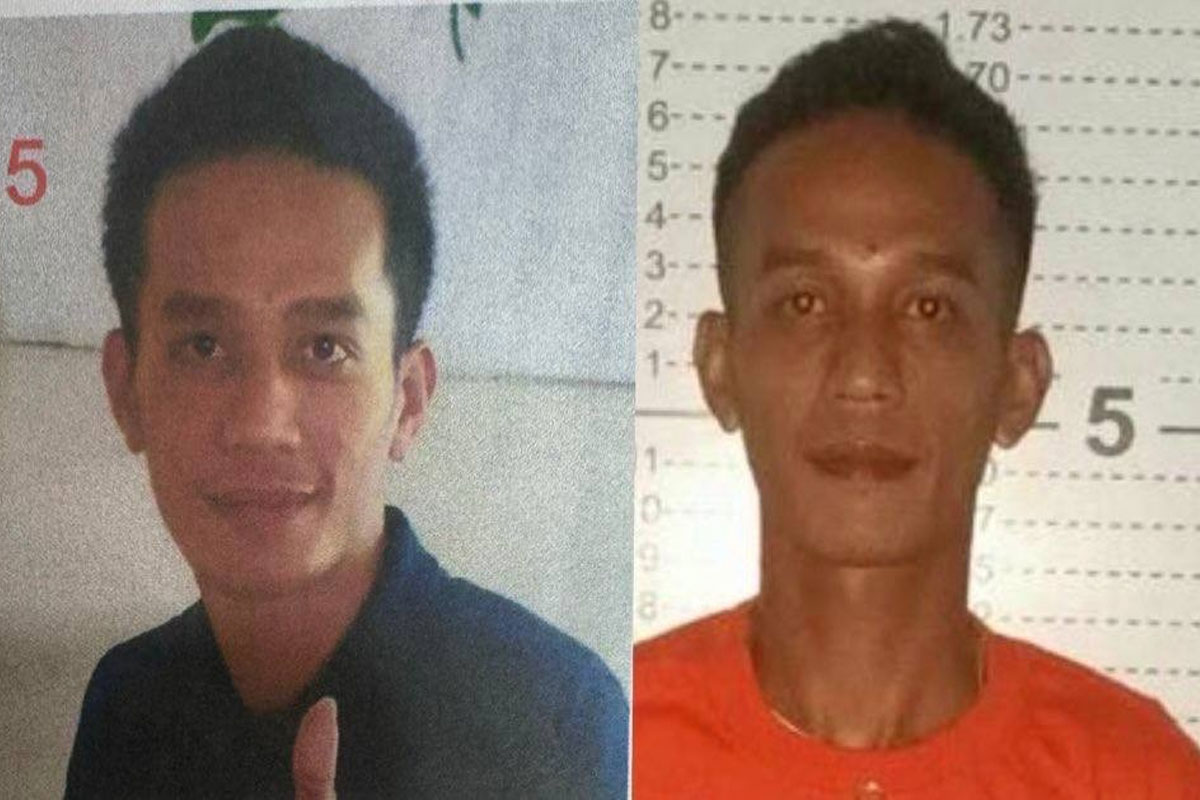
Exposé on think tank ‘meddling’ in PH gravely alarms 2 local groups
CONSUMER and industry groups expressed apprehension over the leaked documents published by the Competitive Enterprise Institute (CEI) a U.S.-based think tank, that exposed Bloomberg Philanthropies’ repeated meddling in the affairs of the Philippines and other low and middle-income countries (LMICs).
The Nicotine Consumers Union of the Philippines (NCUP) and the Philippine E-cigarette Industry Association (PECIA) said the CEI exposé about the intrusion by Bloomberg Philanthropies in the Philippines and other countries should serve as a wake-up call to the government.
NCUP president Anton Israel said the document proved that “Bloomberg Philanthropies and the many organizations it is supporting have been funding government agencies in the country in exchange of anti-tobacco and anti-vaping policies and are depriving the rights of 16 million Filipino smokers and 1 million users of smoke-free nicotine products.”
PECIA president Joey Dulay said that instead of relying on the advice of foreign NGOs, the government should listen to Filipino consumers who are directly affected by these policies.
Documents leaked to CEI described how Bloomberg’s Campaign for Tobacco-Free Kids (CTFK) influenced anti-tobacco policies around the world. In a blog titled “Exposed: Bloomberg’s Anti-Tobacco Meddling in Developing Countries” and posted on the website of CEI, Michelle Minton disclosed the content of the 128-page document of CTFK 2017 strategy for LMICs. CTFK is funded by Bloomberg Philanthropies, the charity of financial billionaire Michael Bloomberg.
Minton said the leaked internal communications from CTFK “show the true extent of its influence, which reaches throughout all levels of civil society, media and even government, and appears aimed at imposing its will on the developing world, regardless of the needs and interests of the people who live there. Worse, it often provides funding to foreign government entities, seemingly without much regard for those governments’ level of respect for liberal values and democratic governance,” Minton said.
The documents cited specific cases of how Bloomberg and CTFK pushed anti-tobacco strategies in LMICs. In the Philippines, for example, the CTFK documents describe efforts “to file and push a smoke-free bill” aimed at blocking tobacco industry representatives from being part of the policy process, further noting that such a bill “has been drafted and will be filed as soon as the opportunity is ripe.”
“Taking advantage of the favorable political environment, we will promote the implementation of the EO after it is signed by the President. We will also prepare to file and push a smoke-free bill to amend the smoke-free provisions of RA 9211 and preventing the tobacco industry from being a part of government efforts to implement the policy. We will start advocating for higher tobacco taxes,” the leaked document read in part, detailing CTFK’s specific intent.
In the Philippines, the House of representatives have conducted an inquiry on a grant received by the Food and Drug Administration (FDA) from the Bloomberg funded anti-tobacco group The Union to find out whether the FDA was influenced to issue “specific and pre-defined policies” on e-cigarettes and heated tobacco products.
During one of the hearings, Puwersa ng Bayaning Atleta Party List Representative Jericho Nograles revealed that several government agencies, including the FDA, Department of Health (DOH), Commission on Civil Service (CSC), Metro Manila Development Authority, have received a total of US$2.5M from The Union since 2009.
“There have been multiple instances wherein every time there is an anti-tobacco regulation that comes out of either the FDA or DOH, it coincides with grants coming from Bloomberg,” Nograles said.
“This meddling recently backfired when the Department of Health, in its eagerness to enforce Bloomberg’s policies, refused to use the life-saving respirators donated by tobacco companies at the height of the health crisis,” Israel said.
The policy in question is the controversial Joint Memorandum Circular 2010-01 by the DOH and the CSC, which was cited as the basis for a draft regulation barring tobacco companies and other industries access to COVID-19 vaccine thru the governments tripartite agreement. The same circular was also cited as basis in refusing acceptance of the much-needed respirators donated by the tobacco industry.
The JMC was signed by then-CSC chief and now DOH Secretary Francisco Duque III prohibiting government interaction with the tobacco industry.
No less than CSC Commissioner Aileen Lourdes Lizada had moved to recall what she described as a “defective” JMC. She noted that there was no record in the CSC that granted Duque authority to sign the JMC on behalf of the CSC which acts as a collegial body.




















